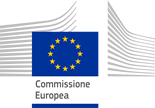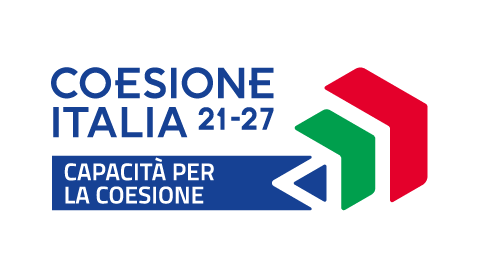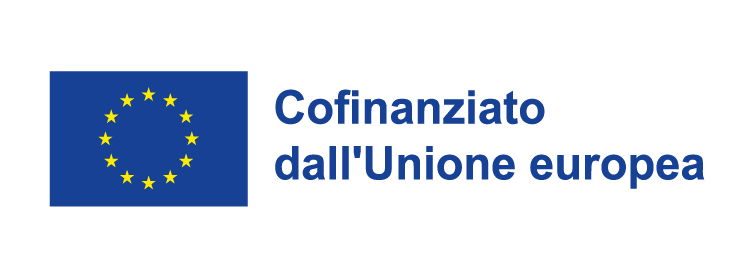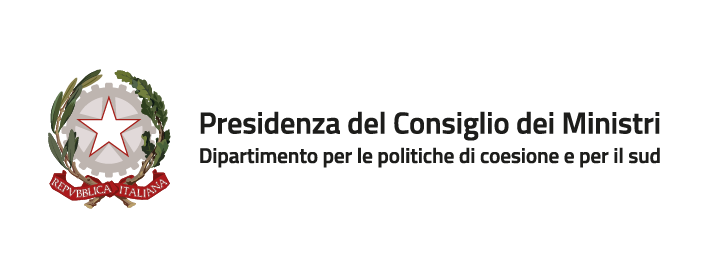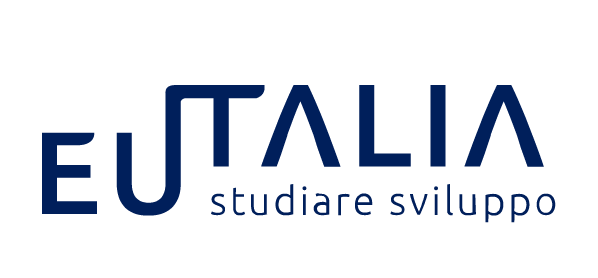Report Lesson 1
Describe the project - Report Lesson 1 - 23-24-EN
Select your project on OpenCoesione portal. Remember that you have to choose a project funded by european resources (FESR or FSE).
In this section you have to indicate:
- Chosen project name on OpenCoesione
- Link to chosen project on OpenCoesione
- Chosen project’s code - Single Project Code that you will find on the project schedule (CUP)
- Chosen project’s theme
- Nature of the investment of the chosen project
Describe the project
Talk about your research - Report Lesson 1 - 23-24-EN
Report the decisions made in a maximum of 5000 characters, not including spaces. Draw inspiration from the Canvas developed in class. The post has to be created as follows:
-
Blogger: write a text to introduce the chosen research and present the team, illustrating and describing the reasons for choosing the name and the logo created by the designer
-
Storyteller: describe what has been done in class and the choices made, clearly setting out the objectives and to whom the research is mainly targeted
Talk about your research
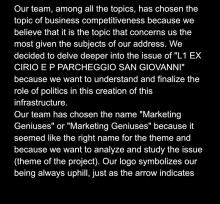
Our team, among all the topics, has chosen the topic of business competitiveness because we believe that it is the topic that concerns us the most given the subjects of our address. We decided to delve deeper into the issue of "L1 EX CIRIO E P PARCHEGGIO SAN GIOVANNI" because we want to understand and finalize the role of politics in this creation of this infrastructure. / Our team has chosen the name "Marketing Geniuses" or "Marketing Geniuses" because it seemed like the right name for the theme and because we wanted to analyze and study the issue (theme of the project).
Canvas - Report Lesson 1 - 23-24-EN
Attach the canvas made in class and selected as a guide for the research. If the Designer is available, develop a version of the canvas designed or created using a graphics development tool of your choice.
IMPORTANT: it has to be a .pdf file, A4 landscape/horizontal format.
Report Lesson 2
Data journalism article - Report Lesson 2 - 23-24-EN
Write your data journalism article following the suggestions provided in STEP 5.
How to organize your data journalism article:
- The first block of the article must be dedicated to a general description of the data analysed and the context you want to describe in the form of a Data Journalism article.
- The central section of the article is for processing and illustrating the data. This part of the text must also refer to static and dynamic images that you have loaded in the relevant fields (see below). Images should therefore be cited in this part of the text (example: See Fig. 1 – FIGURE TITLE).
- The last section of the article is dedicated to concluding remarks on the information drawn from the data. What have you discovered? Does the information you found answer the questions initially asked? Have you collected or anticipated collecting other data on the subject? Where there unexpected results or did they confirm your hypotheses?
There is a maximum of 5000 characters (spaces included) for the entire article.
Static graph/infographic - Report Lesson 2 - 23-24-EN
Enter here a static image of a graph or an infographic illustrating the data described the Data Journalism article. Image must be in .jpg or .png format
Dynamic grapf/infographic - Report Lesson 2 - 23-24-EN
Enter here the link (URL) to the dynamic/interactive infographic of the data described in the article, created by the INFOGRAM infographics tool, available for free on the web (https://infogram.com).
ATTENTION: before copying the link in this fields, make sure you have set your dynamic infografic on "Public on the web" mode, in order to make your output visible on your blog











